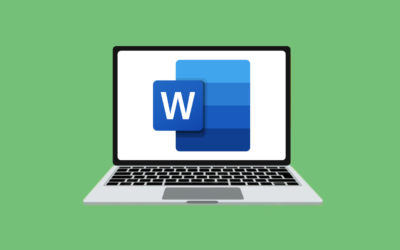From Playbooks and Process Optimization to Automation
From Playbooks and Process Optimization to Automation
Smooth, efficient contract life cycle management software is only as good as the documents and the processes that back it up. This may begin with playbooks, process optimization, and finally automation based on your playbooks and documentation.
Negotiation Playbooks
A negotiation playbook is one of the easiest ways to bring all of your employees up to speed on the best way to negotiate agreements. Taking common negotiation scenarios such as limitation of liability, indemnity, confidentiality, or assignment, and documenting the positions best suited for your company brings all your employees to the same level of understanding, ensures consistency, and reduces risk. For example, consider making changes to the limitation of liability. Safe, vetted language can be documented in the playbook. Although the language is safe, approval for the changes may be required from finance, or sales management, in relation to the fees. A playbook can provide this information as well, ensuring that the correct stakeholders are involved as needed. A playbook will present these scenarios and explain the potential contractual risk.
Process Optimization
A well drafted playbook can serve as one of the leading tools for overall process optimization. Contract negotiators spend less time thinking of how to resolve negotiation challenges, because the rationale, and reasoning is already there. Time is also saved on drafting contracts and documents because a playbook will include alternative clauses, in a clause library, which can be copied directly into negotiated contract. These are especially helpful in the case of commercial contracts, where a playbook can provide members of sales teams with the tools to negotiate contracts on their own. Time is saved, because the sales team does not need to send contracts to the legal team for any change. These time saving features help contribute to a LEAN methodology, and promote higher efficiency.
Automation
A well designed playbook not only documents alternative language, but also documents streamlined processes that promote efficiency and reduce waste. A strong automated document management tool can take the next step, and further increase efficiency:
- Automated Document Assembly
The playbooks alternative clauses can either be drafted automatically into contracts depending on how information is completed, or selected from a Clause Library. Users can receive guidance and explanations from Instructions, or Help. - Automated Workflows and Approvals
In the scenario above relating to limitation of liability, a document that uses negotiated terms in this section will automatically be sent to the correct department for Approval. - Analytics and Reporting
Tracking changes to a document, and running reports from that information can help improve process optimization. For instance, if a particular alternative clause is successfully negotiated 75% of the time, then it may make sense to include that clause in the original document draft in order to save time and prevent the need for negotiation.
Creating a strong, well-documented foundation of processes and best practices in can help guarantee that that the document automation solution you employ promotes fast and efficient Contract Lifecycle Management.
More Weekly Articles



















